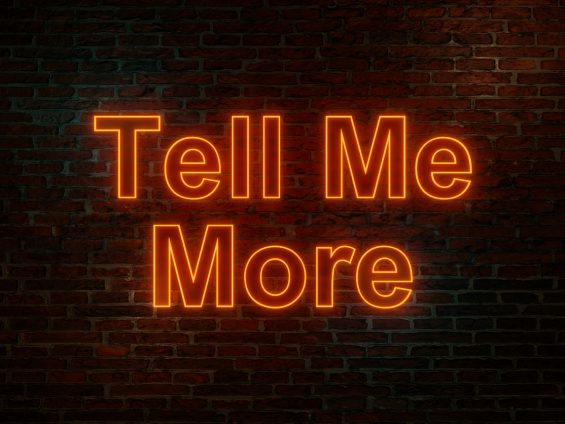Do I really need counselling?
Counselling offers a safe, confidential space where you can talk openly about whatever’s troubling you. You don’t need to have a diagnosis to benefit. If something is affecting your peace of mind or emotional wellbeing, that’s reason enough to seek support.
Sometimes, we simply need time to reflect, process, or be truly heard — without judgment, advice, or pressure to ‘fix’ things straight away.
Counselling isn’t just for mental health problems
The phrase mental health is used often, but it can feel limiting. It sometimes carries the implication of mental illness, which can be off-putting if you don’t see yourself that way.
In reality, most people who come to therapy are emotionally healthy individuals navigating life’s inevitable challenges — such as:
Common reasons people try counselling:
- Relationship difficulties
- Bereavement or loss
- Past or recent trauma
- Illness or health worries
- Identity questions
- Major life transitions
These struggles can trigger feelings of anxiety, depression, low self-esteem, or stress. But these are natural human responses - not signs that something is “wrong” with you.
At its heart, therapy provides space to explore the deeper questions we all face, such as:
- Connection vs. isolation
- Meaning and purpose
- Freedom and choice
- Mortality and life’s limits
Talking about these themes can help you make meaning, feel less alone, and rediscover a sense of choice and agency.
What if I find it hard to talk about my feelings?
That makes sense. Opening up can feel awkward, especially if you’ve learned to keep things inside. You might worry about being judged, or not knowing where to begin. Many people feel this way.
A good counsellor won’t push you. Therapy moves at your pace. You decide what to share and when. Many clients say it feels easier to talk to a counsellor than to friends or family, because the space is confidential, non-judgmental, and completely focused on you.
Is seeking counselling a sign of weakness?
Not at all. Many of us have internalised the message that we should just cope — that strength means never needing help. But ignoring our needs often makes things harder.
Recognising when you need support is not weakness. It’s an act of self-awareness and courage. Seeking therapy is not a sign of failure - it’s a brave step toward understanding yourself and creating change.
How does counselling work — and how can talking help?
It might seem like all we do in counselling is talk. But that talking — in the context of a safe, supportive relationship — can be deeply healing. Research shows that it’s the therapeutic relationship itself, built on trust, empathy, and safety, that creates real change.
What you can gain from counselling:
- Space to say what you’ve never said before
- A chance to untangle complex feelings
- Clarity about what matters to you
- Understanding of patterns and beliefs
- Reconnection with your values and direction
Counselling creates the conditions for you to hear yourself more clearly. And from there, change and growth become possible.
Taking the first step toward counselling
You don’t need to be in crisis to start therapy. Many counsellors, myself included, offer a free or low-cost introductory session. It’s a chance to meet, ask questions, and get a feel for whether counselling could be the right fit for you.
You don’t need to have it all figured out. You just need to be open to starting and then you can see if it's right for you.
If you’re ready to explore how therapy might help, please feel free to get in touch.
